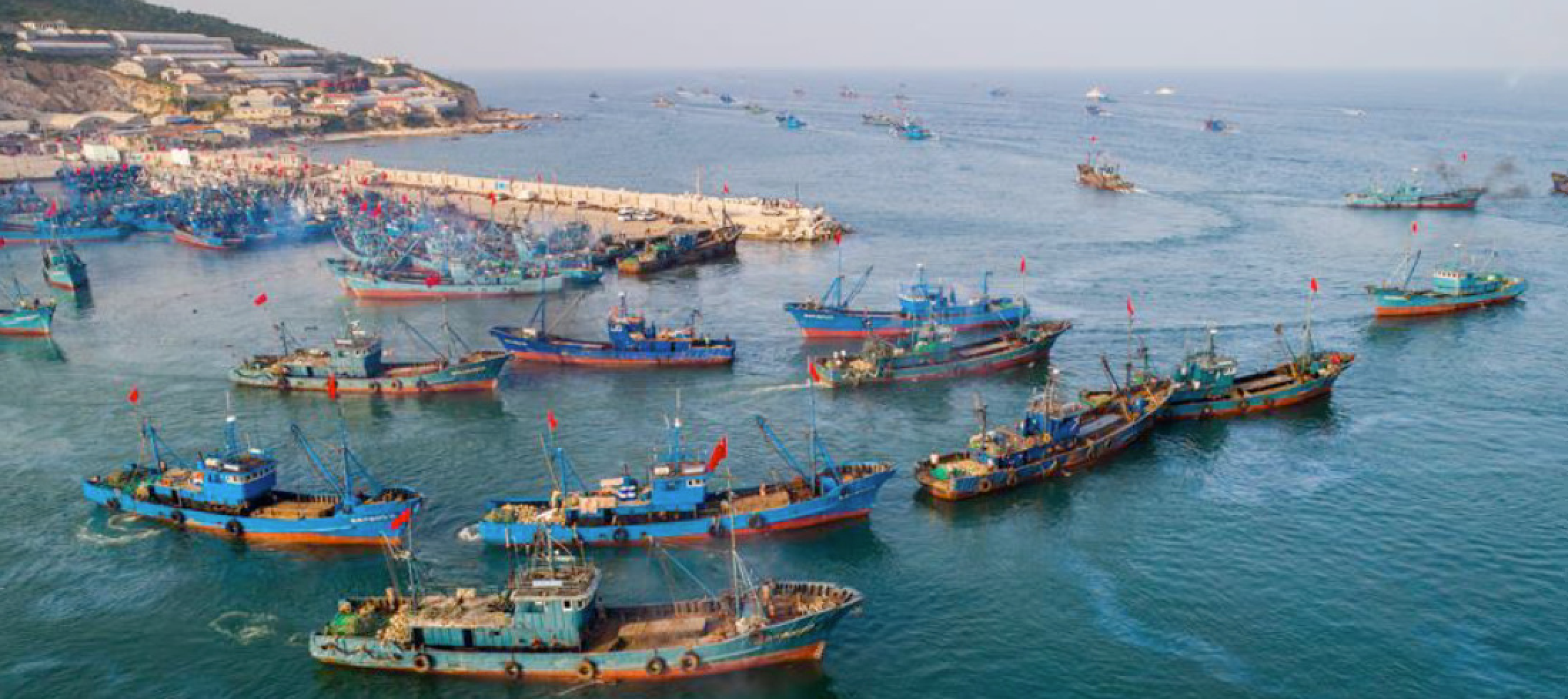The publication of the International Atomic Energy Agency's latest report on Iran has prompted a fresh round of sanctions against Iran.
UK Sanctions
The Financial Restrictions (Iran) Order 2011 came into force at 3 p.m. on 21 November. Pursuant to the terms of the Order, all persons operating in the UK financial sector (being credit and financial institutions and branches of such persons, wherever those branches are located), are directed that they must not enter into, or continue to participate in, any transaction or business relationship with any of the following ("designated persons"):
• All banks incorporated in Iran
• All subsidiaries and branches of banks incorporated in Iran, wherever located
• The Central Bank of Iran, also known as Bank Markazi Jomhouri Islami Iran
The case remains that there is not a trade ban with all Iranian companies, although the UK Government does not encourage such trade.
Any person affected by the Order can apply to the Treasury for a licence exempting a transaction or relationship, although it is unlikely to issue licences for business with Iranian banks on an ongoing basis under new contracts. The Treasury has also issued six general licences:
• transactions for or related to humanitarian activities or purposes, including the export of medical equipment or foodstuffs and the provision of healthcare, under €40,000;
• transactions for or related to personal remittances (that is, payments between persons acting in a non-commercial, private capacity, the payments not being made in the course of a business), under €40,000;
• transactions in relation to the provision of insurance which is permitted under Article 26(2) and (3) of Regulation (EU) No. 961/2010 against Iran;
• holding of asset-frozen Iranian banks' accounts;
• holding accounts of non-frozen Iranian banks;
• completion of payments to or from Iranian banks in progress at the time of the Direction coming into force.
The notice to exporters issued by the Export Control Organisation includes the following guidance:
"Q12: Are banks in other EU countries affected by this?
A12: No
Q13: My bank wasn't letting me do business with Iran anyway. What's changed?
A13: That would have been a commercial decision for your bank. Now it is subject to UK law."
EU Sanctions
It is anticipated that the outcome of a meeting of EU foreign ministers on 1 December 2011 will be a further EU Regulation, likely to target industries such as shipping. We are keeping the situation under close review.
U.S. Sanctions
The White House and U.S. Treasury took a series of actions yesterday to increase pressure on Iran. The biggest impact for the shipping industry would seem to be the new petroleum sector sanctions under Executive Order 13590, which are aimed at non-U.S. persons that provide support to Iran's energy sector.
Last year, the Comprehensive Iran Sanctions, Accountability, and Divestment Act (CISADA) was seen as a watershed in extraterritorial sanctions, with the U.S. raising the spectre of retaliation against non-U.S. companies that support Iran's import or production of refined petroleum, above certain thresholds. The new Executive Order 13590 sanctions are closely patterned on CISADA, but go further, authorizing sanctions against parties that provide support for any Iranian petroleum or petrochemical production or development (as opposed to just refined products), over certain dollar thresholds.
Specifically, the new Order authorizes sanctions on any party (including successors and affiliates) that provides:
• Goods, Services, Technology, or Support for the Development of Petroleum Resources: Sale, lease, or provision of goods, services, technology, or support to Iran that could directly and significantly contribute to the enhancement of Iran's ability to develop petroleum resources located in Iran could trigger sanctions if a single transaction has a fair market value of $1 million or more, or if a series of transactions from the same entity have a fair market value of $5 million or more in a 12-month period; or
• Goods, Services, Technology, or Support for the Maintenance or Expansion of the Petrochemical Sector: Sale, lease, or provision of goods, services, technology, or support to Iran that could directly and significantly contribute to the maintenance or expansion of its domestic production of petrochemical products, could trigger sanctions if a single transaction has a fair market value of $250,000 or more, or if a series of transactions from the same entity have a fair market value of $1 million or more in a 12-month period.
If a person is found to have provided a good, service, technology, or support described in E.O. 13590, the Secretary of State may impose sanctions, including prohibitions on: foreign exchange transactions; banking transactions; property transactions in the United States; U.S. Export-Import Bank financing; U.S. export licenses; imports into the United States; loans of more than $10 million from U.S. financial institutions; U.S. government procurement contracts; and, for financial institutions, designation as a primary dealer or repository of U.S. government funds.
As with CISADA, this new rule vests broad discretion in Administration officials to decide on a case-by-case basis what constitutes "support" and "significant contribution".
In addition, 11 more parties with Iranian ties were added to the OFAC SDN list, based on their connection to Iran's weapons programme (this is not an unusual action, as new parties are being added to the list almost monthly).
The U.S. Treasury also released a lengthy finding categorizing the Islamic Republic of Iran as a "Jurisdiction of Primary Money Laundering Concern" under Section 311 of the USA PATRIOT Act. Based on this finding, the Treasury proposed new requirements for U.S.-regulated financial services companies, requiring additional due diligence to ensure that correspondent accounts are not opened by or on behalf of Iranian entities. The proposed rule is available at
www.treasury.gov/press-center/press-releases/Documents/Iran311RulemakingProposalSpecialMeasure.pdf
We are indebted to law firm Reed Smith and in particular the authors of this advice - Mark Church, Senior Associate, London (Tel:+44 (0)20 3116 3402) and Matthew J. Thomas, Partner, Washington, D.C. (Tel: +1 202 414 9257) for their permission to reproduce this text.




